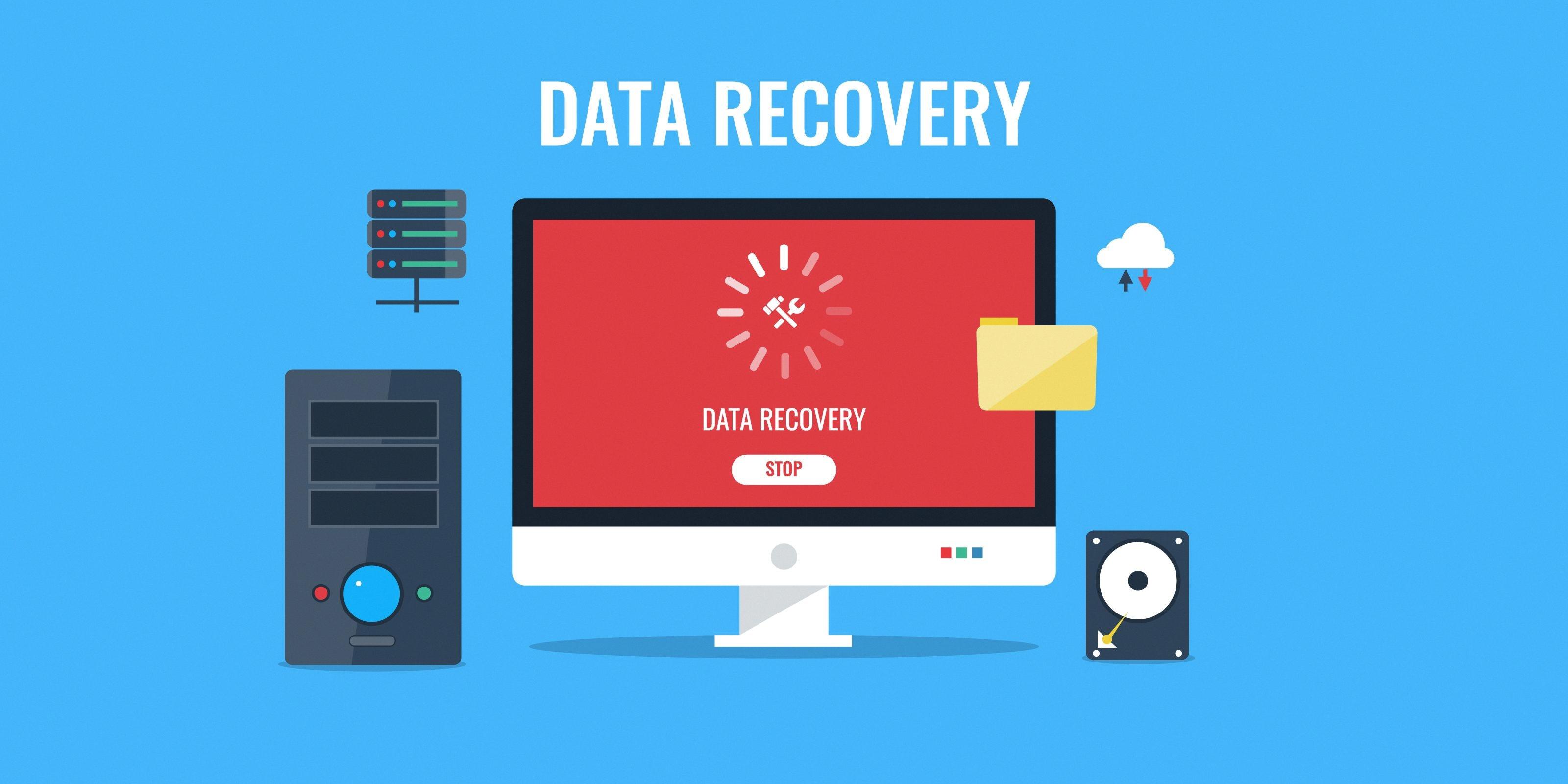HIPAA-compliant file sharing is essential for any business that handles Protected Health Information (PHI). Whether you are a healthcare provider, insurance company, or other organization that works with PHI, it’s important to ensure that your file-sharing methods are secure and compliant with HIPAA regulations.
Fortunately, there are a number of file-sharing services that are specifically designed to be HIPAA compliant. These services provide secure encryption protocols and other features to ensure the safety of your PHI data.
The Health Insurance Portability and Accountability Act (HIPAA) requires organizations to protect PHI from unauthorized access, use, and disclosure. This includes ensuring any files containing PHI are securely stored and transmitted using appropriate encryption protocols. The HHS Office of Civil Rights (OCR), which enforces HIPAA rules, does not recommend a specific type of encryption for data at rest. However, the National Institute of Standards and Technology (NIST) recommends protecting PHI data with Advanced Encryption Standard (AES) encryption.
When choosing a file-sharing service for your organization, it’s important to make sure it meets HIPAA standards for security and privacy. Here are some of the most popular HIPAA-compliant file-sharing services:
• Accellion: Accellion is an enterprise-level secure file transfer solution designed with compliance in mind. It provides end-to-end encryption with AES 256-bit encryption as well as two-factor authentication for added security. Accellion also offers audit logging so you can track user activity on the system.
• Box: Box is a cloud storage platform designed for businesses that need secure access to their data from anywhere in the world. Box provides 256-bit AES encryption in transit and at rest as well as granular permission settings so you can control who has access to sensitive information.
• Dropbox: Dropbox is another popular cloud storage solution that provides end-to-end encryption with 256-bit AES keys as well as two-factor authentication and granular permission settings so you can control who has access to your files. Dropbox also offers audit logging so you can track user activity on the system.
• Egnyte: Egnyte is an enterprise cloud storage solution that provides 256-bit AES encryption in transit and at rest as well as two-factor authentication and granular permission settings so you can control who has access to your files. Egnyte also offers audit logging so you can track user activity on the system.
• FTP Today: FTP Today is an FTP hosting service designed for businesses who need secure access to their data from anywhere in the world without having to maintain their own servers or worry about security issues associated with public Wi-Fi networks or network vulnerabilities like man-in-the-middle attacks or packet sniffing attacks. FTP Today provides 256-bit AES Encryption both in transit and at rest as well as granular permission settings so you can control who has access to sensitive information.
• G Suite: G Suite is Google’s suite of productivity applications designed for businesses. Before an organization can use G Suite for PHI, they must properly configure settings to account for HIPAA compliance. G Suite provides end-to-end encryption with 256-bit AES keys, two-factor authentication, granular permission settings, and audit logging.
• OneDrive: OneDrive is Microsoft’s cloud storage platform designed for businesses that need secure access to their data from anywhere in the world. OneDrive provides end-to-end encryption with 128-bit AES keys, two-factor authentication, granular permission settings, and audit logging.
• ShareFile: ShareFile is an enterprise cloud storage solution that provides 256-bit AES Encryption both in transit and at rest as well as two-factor authentication, granular permission settings, and audit logging. In addition, ShareFile offers virtual private networks (VPNs ) which provide additional protection when sending sensitive information over public Wi-Fi networks or Internet connections.
By using one of these HIPAA-compliant file-sharing services, organizations can ensure that their electronically protected health information remains safe from unauthorized access or misuse while still allowing convenient collaboration between all parties involved in delivering healthcare services. It’s important for organizations handling PHI to keep up with changing regulations regarding electronic health records by using these security solutions whenever possible when transmitting patient information electronically.

Is Dropbox HIPAA Compliant?
Yes, Dropbox is HIPAA compliant. Dropbox Business Advanced and Enterprise accounts are designed to help organizations meet the technical requirements of HIPAA and the HITECH Act. With these plans, customers can easily sign a Business Associate Agreement (BAA), enabling them to store, manage, and transfer protected health information (PHI).
Dropbox also provides secure access controls that allow you to control who has access to PHI stored in Dropbox. It also offers audit logs that track user activity and encryption of data both in transit and at rest. Additionally, Dropbox provides two-factor authentication for enhanced security.
These features ensure that PHI is kept secure while enabling customers to remain compliant with HIPAA requirements.
Is Google Drive HIPAA Compliant for File Sharing?
No, sharing files on Google Drive is not HIPAA compliant. In order for an organization to use G Suite for Protected Health Information (PHI), they must configure the settings to ensure that all data is secure and meets the requirements of the Health Insurance Portability and Accountability Act (HIPAA). This includes making sure that all users are properly trained on PHI security, encrypting files that contain PHI, and disabling features such as public search indexing. Additionally, Google Drive should be configured to prevent any unauthorized access or download of PHI. Organizations should also consider using additional security measures such as two-factor authentication to further protect their data.
HIPAA-Compliant File Encryption
HIPAA-compliant file encryption requires the use of Advanced Encryption Standard (AES). According to the National Institute of Standards and Technology (NIST), AES is a robust, symmetric key encryption algorithm used to protect PHI data at rest. AES uses a 128-bit, 192-bit, or 256-bit key and provides strong encryption for confidential data. The HHS Office of Civil Rights (OCR) recommends that organizations use AES encryption with a minimum key size of 128 bits to ensure secure data protection. Furthermore, organizations must also implement appropriate security policies and procedures that are compliant with HIPAA rules when using AES encryption. This includes implementing secure access controls, user authentication protocols, and periodic audits of the system to detect any security breaches or risks.
Sending Large Files Using HIPAA Compliance
Sending large files using a HIPAA-compliant system is a straightforward process. The main step is to choose from the available HIPAA-compliant file-sharing apps, such as Accellion, Box, Dropbox, Egnyte, FTP Today, G Suite, OneDrive, and ShareFile. Once you have chosen your file-sharing app and registered for an account, you can upload your files to the cloud storage. You will then be able to share the link to your files with the intended recipient(s). The recipient can then download the file securely by clicking on the link.
To ensure that your files remain secure and compliant with HIPAA regulations while they are being sent and accessed by other users, it’s essential that you protect them with strong encryption technology. Furthermore, make sure that only authorized personnel are able to access the files. Depending on the file-sharing app you choose, there may also be additional features available such as two-step authentication or password protection for added security.
Is OneDrive Compliant with HIPAA Regulations?
Yes, OneDrive is approved for use by HIPAA-covered entities. Microsoft provides built-in security features to help protect the privacy and security of data stored in the cloud and meets all of the requirements specified by HIPAA. These features include encryption at rest, role-based access control, secure data deletion, and monitoring and logging of activity. Microsoft also offers services such as Office 365 Compliance Center, which provides additional controls and visibility into how data is being managed in OneDrive.
Is Gmail Compliant with HIPAA Regulations?
Yes, Gmail can be used as part of a HIPAA-compliant organization. However, you must use the paid version of Google Workspace Gmail to ensure compliance with HIPAA regulations. This paid version includes features such as encryption, data loss prevention, two-factor authentication, and audit logging that are necessary for HIPAA compliance. Additionally, it is important to note that regular @gmail.com email addresses are not sufficient for HIPAA compliance and should not be used.
Is iCloud HIPAA Compliant?
No, iCloud is not HIPAA compliant. While Apple’s security measures may meet or exceed the requirements of HIPAA regulations, it does not meet the Business Associate Agreement standard set by HIPAA. The Business Associate Agreement requires that all parties involved in handling protected health information must sign a contract that outlines how they will protect and secure the data. Without signing this agreement, no business is considered HIPAA compliant. Additionally, Apple offers only limited ability to manage access control to data stored in its cloud services, making it difficult to meet HIPAA’s strict requirements for protecting sensitive patient information.
Conclusion
In conclusion, when it comes to HIPAA-compliant file sharing, there are a variety of apps that can ensure the safety of PHI data. The HHS Office of Civil Rights (OCR) does not recommend a specific type of encryption for data at rest, but the National Institute of Standards and Technology (NIST) recommends protecting PHI data with Advanced Encryption Standard (AES) encryption. Popular HIPAA-compliant file-sharing apps include Accellion, Box, Dropbox, Egnyte, FTP Today, G Suite, OneDrive, and ShareFile. For organizations that must comply with HIPAA rules and regulations, using one of these applications is essential in ensuring that all PHI data remains safe and secure.








